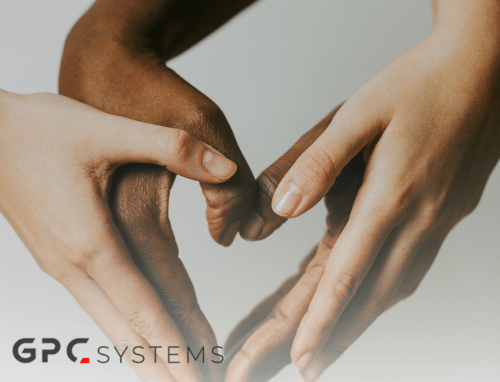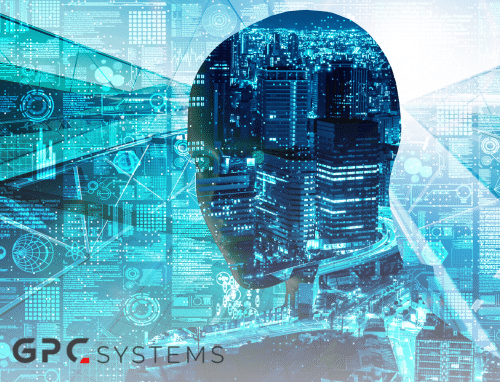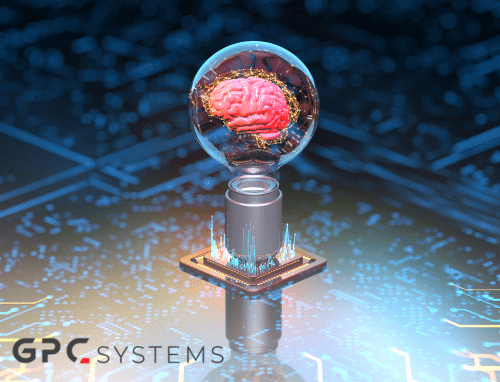
The Evolution of Human Rights and the Role of AI: A Philosophical Journey
The Seeds of Human Rights: A Philosophical Beginning
In the shadow of ancient civilisations, where empires rose and fell, a few visionary thinkers began to imagine a world where every individual was recognised not just as a subject but as a being with intrinsic worth. These early seeds of what we now call human rights were planted by philosophers like Socrates, Plato, and later, Aristotle. They pondered the nature of justice, equality, and the human condition, laying the foundation for a discourse that would echo through the ages.
Socrates, with his relentless questioning, challenged the status quo, urging people to consider the ethical implications of their actions. Plato, his student, envisioned a just society, albeit through the lens of an idealised republic. Aristotle took this further, contemplating the idea of a “good life,” which, he argued, was a life lived in accordance with virtue and reason. These early musings on justice and human nature would later influence the evolution of human rights.
The Birth of Human Rights: From Philosophy to Reality
Fast forward to the Enlightenment era in the 17th and 18th centuries, where the ideas of these ancient philosophers began to crystallise into something more tangible. Thinkers like John Locke, Jean-Jacques Rousseau, and Immanuel Kant took up the mantle, arguing for the inherent dignity and equality of all human beings. Locke’s notion of natural rights—life, liberty, and property—became a cornerstone of modern human rights theory. Rousseau’s social contract suggested that legitimate political authority relies on the consent of the governed, and Kant’s categorical imperative insisted on treating individuals as ends in themselves, not merely as means to an end.
The horrors of the world wars in the 20th century catalysed these ideas into a global movement. The Universal Declaration of Human Rights (UDHR), adopted by the United Nations General Assembly in 1948, was a monumental achievement. It was a collective promise by the global community to uphold the dignity and rights of every person on the planet, irrespective of nationality, race, gender, or religion.
Upholding Human Rights: The Guardians of Dignity
Since the adoption of the UDHR, a complex web of international, regional, and national institutions has been developed to protect and promote human rights. The United Nations, through bodies like the Human Rights Council, plays a pivotal role in monitoring and addressing human rights violations. Regional organisations, such as the European Court of Human Rights and the Inter-American Court of Human Rights, provide additional layers of protection, offering individuals a path to justice even when their own governments fail them.
At the national level, constitutions and legal frameworks enshrine these rights, empowering courts to act as guardians of human dignity. Civil society organisations, activists, and journalists also play a crucial role, often at great personal risk, to hold the powerful accountable.
Yet, despite these efforts, the struggle to realise human rights for all remains ongoing. The rise of authoritarian regimes, the persistence of poverty, and the impacts of climate change pose significant challenges to the protection of human rights globally.
The Rise of AI: A New Frontier for Human Rights
As we navigate the 21st century, a new force has emerged that is reshaping every aspect of our lives: artificial intelligence (AI). This technological revolution offers both unprecedented opportunities and profound challenges for the future of human rights.
On the one hand, AI has the potential to be a powerful ally in the fight for human rights. Machine learning algorithms can help identify patterns of abuse that might otherwise go unnoticed, enabling quicker responses to crises. For example, AI-powered tools are already being used to monitor social media and other digital platforms for signs of hate speech, human trafficking, and other rights violations. In healthcare, AI is being harnessed to improve diagnostics and treatment, potentially democratising access to quality healthcare.
Moreover, AI can empower individuals by providing tools for greater transparency and accountability. For instance, blockchain technology, which underpins some AI applications, can be used to ensure the integrity of election processes or to track the supply chains of goods, thereby helping to combat forced labour and environmental degradation.
The Dangers of AI: Threats to Human Rights
However, the integration of AI into our societies is not without significant risks. One of the most pressing concerns is the potential for AI to exacerbate existing inequalities. AI systems, trained on data that reflects human biases, can perpetuate and even amplify those biases. For example, facial recognition technology has been shown to have higher error rates for people of colour, leading to concerns about its use in law enforcement and surveillance.
Privacy is another critical area of concern. AI’s capacity to process vast amounts of data can lead to invasive surveillance practices, threatening the right to privacy. In some countries, AI-driven surveillance is already being used to monitor and suppress dissent, raising fears about the emergence of digital authoritarianism.
Moreover, the deployment of AI in decision-making processes—ranging from hiring practices to criminal sentencing—can lead to decisions that are opaque and unaccountable. When individuals are subjected to decisions made by AI, with little understanding of how those decisions were reached, it undermines the principle of fairness and the right to a remedy.
Striking a Balance: The Future of AI and Human Rights
The future of AI and human rights is at a crossroads. The challenge lies in harnessing the benefits of AI while mitigating its risks. This will require a concerted effort from governments, tech companies, civil society, and international organisations to develop and enforce regulations that ensure AI is developed and deployed in ways that respect and promote human rights.
One approach is to embed human rights principles into the design and deployment of AI systems. This means not only avoiding harm but actively seeking to use AI to advance human rights. It also requires transparency, so that individuals understand how AI systems impact them, and accountability, so that there are mechanisms in place to challenge and correct decisions made by AI.
As we stand on the brink of this new era, the lessons of the past remain as relevant as ever. The philosophical underpinnings of human rights remind us that technology must always serve humanity, not the other way around. It is up to us to ensure that AI becomes a tool for the promotion of human dignity, rather than a threat to it.
In this unfolding narrative, we are all participants. The choices we make today will shape the future of human rights in the age of AI, determining whether this new chapter in our history will be one of liberation or oppression. The journey continues, and the outcome is not yet written.
Join us here at GPC weekly as we explore Ai and current trends.




